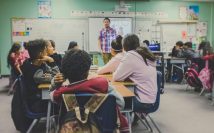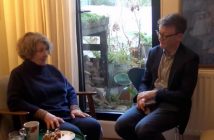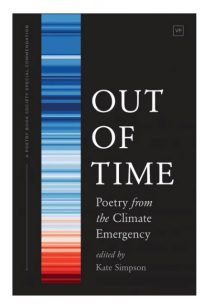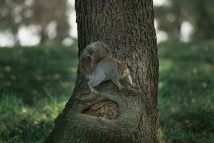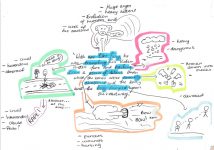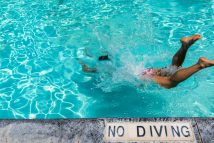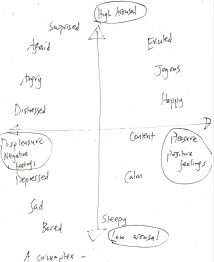Academic articles
-
A Century of Teaching Creative Writing in Schools: the Newbolt Report and teaching creative writing
Newbolt strongly advocates imaginative ways of teaching writing, championing self-expression above rote-learning.
-
Becoming the falconer: productive feedback for the redrafting of creative writing
Aspects of the neoliberal education system can preclude the development of young writers. Feedback can be unempathetic, but it can also be productive, creating an internal dialogue that develops the writer over time.
-
Teaching Mindfulness in an Unmindful System
A case study of a mindfulness teacher, Beth, and her experiences of teaching mindfulness to 11- to 16-year-olds in several English schools
-
Review of Creativity in the English Curriculum: Historical Perspectives and Future Directions by Lorna Smith
Lorna Smith’s book could not be timelier. It is published at a point when creativity – in all its manifold forms and iterations – is under serious attack in educational jurisdictions across the world.
-
Angela Kreeger: Subject of the miracle of modern medicine and psychoanalysis
It is a cold January Sunday afternoon in 2022, but Angela Kreeger’s living room feels gorgeous, and I’m eating far too many slices of a delicious almond cake.
-
Review of Out of Time: Poetry From the Climate Emergency
A review of ‘Out of Time: Poetry From the Climate Emergency’
-
Why and how should we encourage young people to research their local parks and green spaces?
Our parks have a problem with young people. Older children, particularly those from poorer backgrounds, feel unwelcome and unfairly blamed for things like anti-social behaviour.
-
Review of “Real-World Writers: A Handbook for Teaching Writing with 7-11 Year Olds”, by Ross Young and Felicity Ferguson
“Teachers themselves should be writers” and the ways in which writing for pleasure can be nurtured by English teachers.
-
The Time Devil runs amok: How I improved my creative practice by adopting a multimodal approach for a specific audience.
How teacher-writers can improve their craft and pedagogy by writing for a specific audience, namely school children. And why they might do so.
-
Diagrarting: theorising and practising new ways of writing and drawing
To “diagrart” (my neologism combining the words diagrams, dialogue and art), one must write and draw, and believe you are creating art, no matter how crude you think your work to be.
-
The Reciprocal Rebellion: Promoting Discussion in Authoritarian Schools
Reciprocal Teaching re-orders education by fostering meaningful relationships, challenging the hegemony of neoliberal schools: it is a rebellion against their authoritarianism.
-
Letting it all spill out: the benefits of venting for creative writing teachers and students.
Specific therapeutic pedagogies that help people ‘vent’ their traumas and issues, with lots of practical suggestions and a rationale for ‘letting it all spill out’ in educational settings.
-
Affective digital presence: how to free online writing and drawing?
How freewriting and drawing can have a therapeutic effect when working online. It draws upon the experience of my students and my colleague, Dr Miranda Matthews. It also suggests a methodology for this approach.
-
What’s Next? Ecoliteracies and creative writing
Creative writing can be used to nurture ecoliteracie, helping people developing an organic, ecological view of language.
-
Teaching Creative Writing Online: Research-Informed Strategies
A summary of a presentation at NAWE Conference 2021, suggesting some ways of teaching creative writing online, using puppets, stories, drawings and metacognition.
-
Different ways of descending into the crypt: methodologies and methods for researching creative writing
For all creative writers who wish to explore writing processes further, using established research.
-
Why teach creative writing? Examining the challenges of its pedagogies
One of the purposes of teaching creative writing is ‘to heal’, in other words, creative writing is taught as a form of therapy, maybe more than is openly stated. Many teachers set therapeutic tasks so the author can learn and grow from the experience of writing about it.
-
Lockdown lessons: Teaching and working during the Covid-19 crisis
Some of the lessons I learnt during the Covid lockdown, about staying sane, being mindful and engaging with technology
-
Finding a new path: Building affective online learning spaces for creative writing and arts practice
On Covid-19 related research, for the British Educational Research Association.




